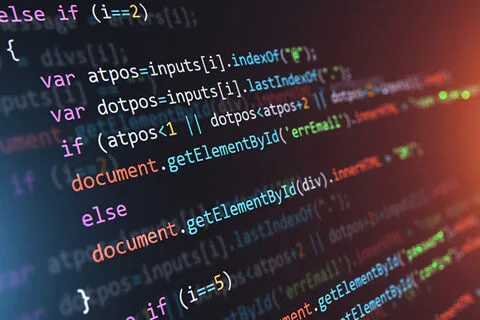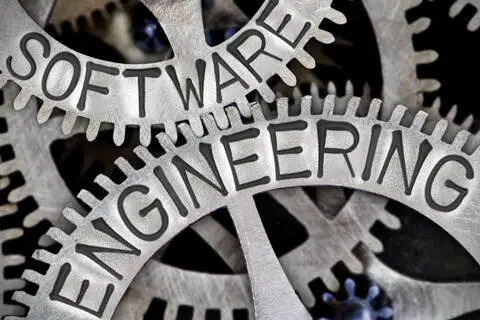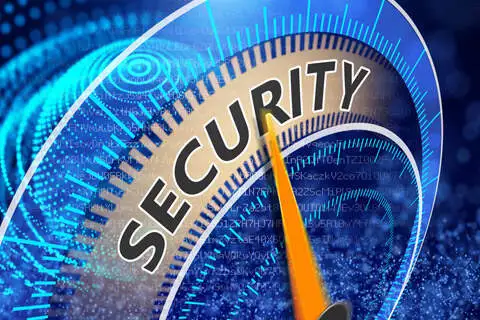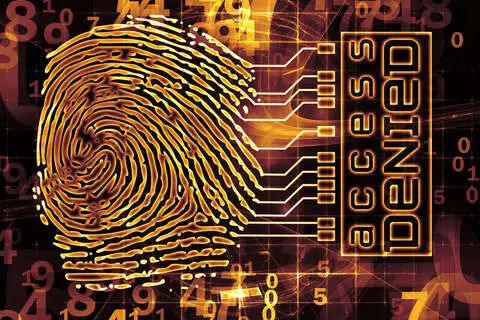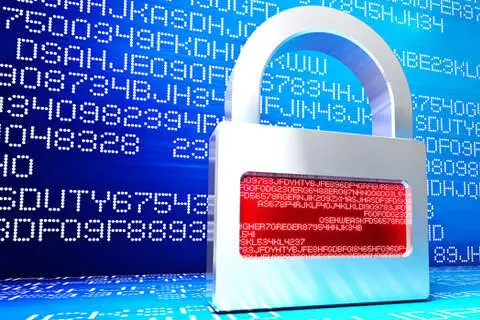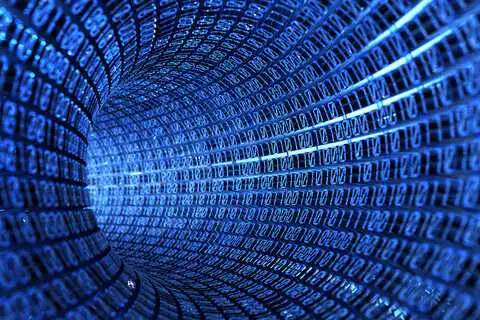
Cloud Computing
Cloud Computing Standards start from the top, with an overview and vocabulary serving as a foundation upon which reference architecture, software asset management, and security techniques can be built upon. With the variety of technologies in play, and the evolving nature of cloud computing, a solid standardized foundation offers much-needed reliability.
